Latest from Imagineear
The results are in for the Imagineear Football Fan Index Survey
Imagineear polled UK football fans across gender, age group, region, league, team affiliation, and level of engagement – with a mix of football supporters who identified as being “massive”, “quite big” or “casual” fans with a view to understanding how we can best serve our stadium tour clients and elevate the visitor experience at some of the UK’s most iconic football clubs.
The results, useful for all industry professionals and essential in helping inform our stadium tour offering, have already been featured in Football Business Magazine and Football and Stadium Management Magazine.
This new research reveals the huge role stadiums play in football fans’ engagement with their favourite team.
However, 44% rarely or never attend games, with close to half saying it’s because coming to the home ground on matchday is “simply too expensive”.
New consumer research reveals the critical role that football stadiums play in engaging fans with their favourite teams, with 86% saying their home ground is important in connecting supporters to the club – including 43% who consider it “absolutely vital”.
The survey of 1,000 UK football fans commissioned by Imagineear, specialists in media and technology for visitor experiences, shows that over three-quarters (77%) of supporters see their club’s home ground as a key part of its identity, including a third (34%) who say that it “wouldn’t be the same without it”.
“The research underlines the crucial place the home football ground holds in the hearts of fans across the country, with the survey taking in the views of a broad range of supporters from all parts of the UK – representing clubs from the Premier League to The Scottish Premiership to The National League and everything in between,” says Andrew Nugée, Chief Executive Officer of Imagineear.
“Most see the team’s stadium and the history around it as an essential part of the emotional connection they feel for the club.”
The research shows that nearly half (48%) cite their home club’s history and identity – including its roots, players and successes over the years – as what makes them feel most connected to the club. And many see that heritage as intrinsically linked to the club’s home ground. Looking at what is most important to fans about their team’s stadium, the research shows:
Over a third (37%) say a “historic, iconic ground” that reflects tradition, the club’s longevity, and its connection to supporters.
Roughly a quarter (26%) say an advanced, tech-enabled ground with state-of-the-art features such as big-screen HD TVs throughout, WiFi, and mobile connectivity.
Just under a third (30%) want a stadium somewhere in between, marrying state-of-the-art features with elements of the club’s heritage.
Most UK football fans see their team’s current ground reflecting the club’s history, but many also want improvements. Over a third (36%) say their stadium is in good shape and would not change it, while a similar number (35%) acknowledge that their ground has great heritage and atmosphere but feel updating is needed.
The research further reveals that 11% want their current stadium demolished and replaced with a state-of-the-art facility. English Football League fans were twice as likely as Premiership fans (16% versus 7%) to want their stadium replaced from the ground up.
Matchday is not for everyone
The research shows that few fans – just 9% – go to every live match, while only 19% go regularly, and 28% attend games occasionally. What’s more, 44% of football fans rarely or never attend a game, with cost being cited as the most common factor.
The research reveals that 46% of those who do not attend every game (91% of all respondents) say “it’s simply too expensive” – with Premier League fans most likely to cite expenditure (50%) as the reason why they don’t go to live games. Other reasons include living too far away (37%), enjoying the TV viewing experience more (26%) and not liking crowds (14%). For some, accessibility is an issue (13%), with fans of lower league teams more likely to be affected. In addition, one in twenty (5%) feel their club’s stadium is not family friendly.
Nonetheless, many fans enjoy the club’s home ground by visiting it for tours on non-matchdays. The survey shows 60% of fans have taken a tour of a football stadium – a quarter (25%) within the last two years.
“Touring their team’s home ground can allow supporters to take in the atmosphere while learning more about the club’s past and present stars, its history and other exciting facts about the team and the stadium itself,” says Nugée.
“It’s a great way for fans – especially those that feel the overall cost of seeing a live match is out of reach at the moment – to feel more connected to their club and experience with family up close some of the magic of an iconic place that’s part of their lives.”
However, only 10% of the fans surveyed visit their home football grounds or attend onsite fan days in the offseason, indicating that people are not as personally engaged when it’s summer and other activities are available. In fact, almost a fifth (17%) of fans admit they struggle to stay connected with their club during the offseason. Nevertheless, many do remain engaged via the Internet, keeping up with their team and individual players online (49%) and via social media (56%).
The survey, conducted in May 2023, was representative of UK football fans across gender, age group, region, league, team affiliation, and level of engagement – it included a mix of football supporters who identified as being “massive”, “quite big” or “casual” fans.
"The research underlines the crucial place the home football ground holds in the hearts of fans across the country"
Andrew Nugée
Chief Executive Officer, Imagineear
Latest

Latest
Peabody Essex, Salem
The Peabody Essex Museum in Salem, Massachusetts, one of the oldest museums in the United States.
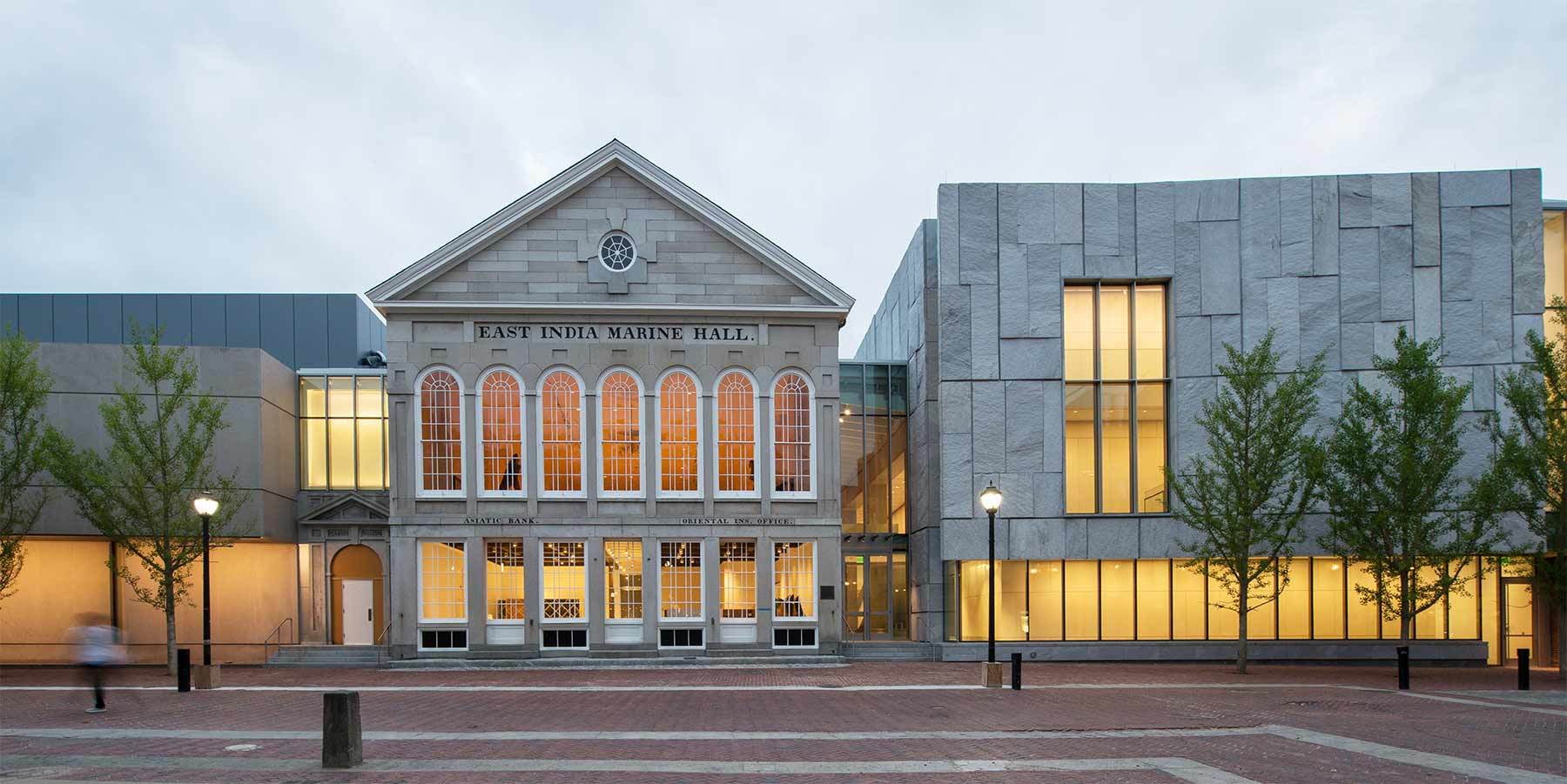
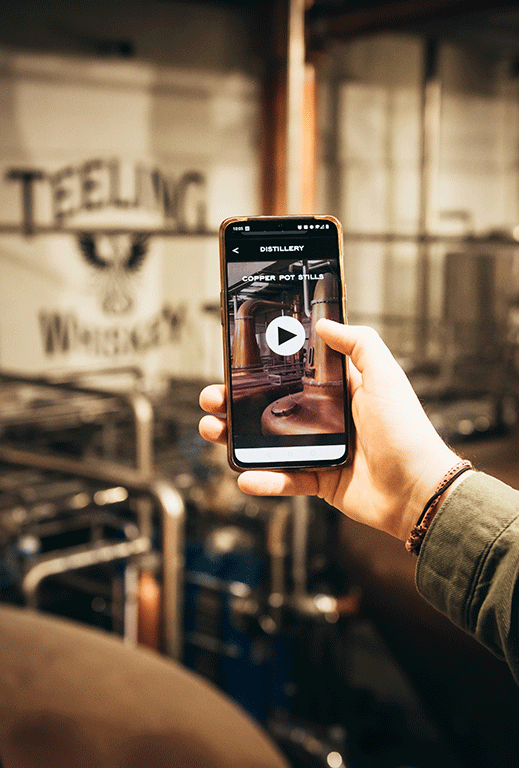
Latest
National Lobster Hatchery, Padstsow
Imagineear bring’s snappy multimedia content to Padstow!

Latest
Palazzo dei Diamanti, Italy
An exhibition dedicated to Masters of the Renaissance, Ercole de’ Roberti and Lorenzo Costa.

Latest
Imagineear hires Petra Brinkhof
Petra Brinkhof joins as Head of New Business Development.

Latest
The Ashmolean museum, Oxford
Our partnership continues with their latest exhibition, Labyrinth: Knossos, Myth & Reality.

Latest
Chatsworth House, Derbyshire
Imagineear designed and produced an innovative and jam-packed Imagineear Web App.

Latest
The Imagineear Football Fan Index Survey
The results are in for the Imagineear Football Fan Index Survey!

Latest
Museum M Leuven, Belgium
Imagineear bring crystal clear audio to the Museum M Leuven.

Latest
Sansevero Chapel Museum, Naples
Imagineear brings the baroque beauty of the Museo Cappella Sansevero to life.


Latest
Parroquia-Museo de San Nicolás
A small but breathtaking church located in the Spanish city of Valencia.

Latest
Weaver's Cottage, Kilbarchan
Imagineear produce a new film to set the scene for visitors.

Latest
ABBA: Super Troupers
An immersive exhibition dedicated to the Swedish pop super group ABBA.

Latest
Andrew Nugée, in Muse by Clio
Andrew Nugée talks about how his time as a Rugby Referee helped prep him for the business arena.

Latest
Imagineear announces exclusive partnership
Imagineear has signed an agreement to deepen R&D in Artificial Intelligence.

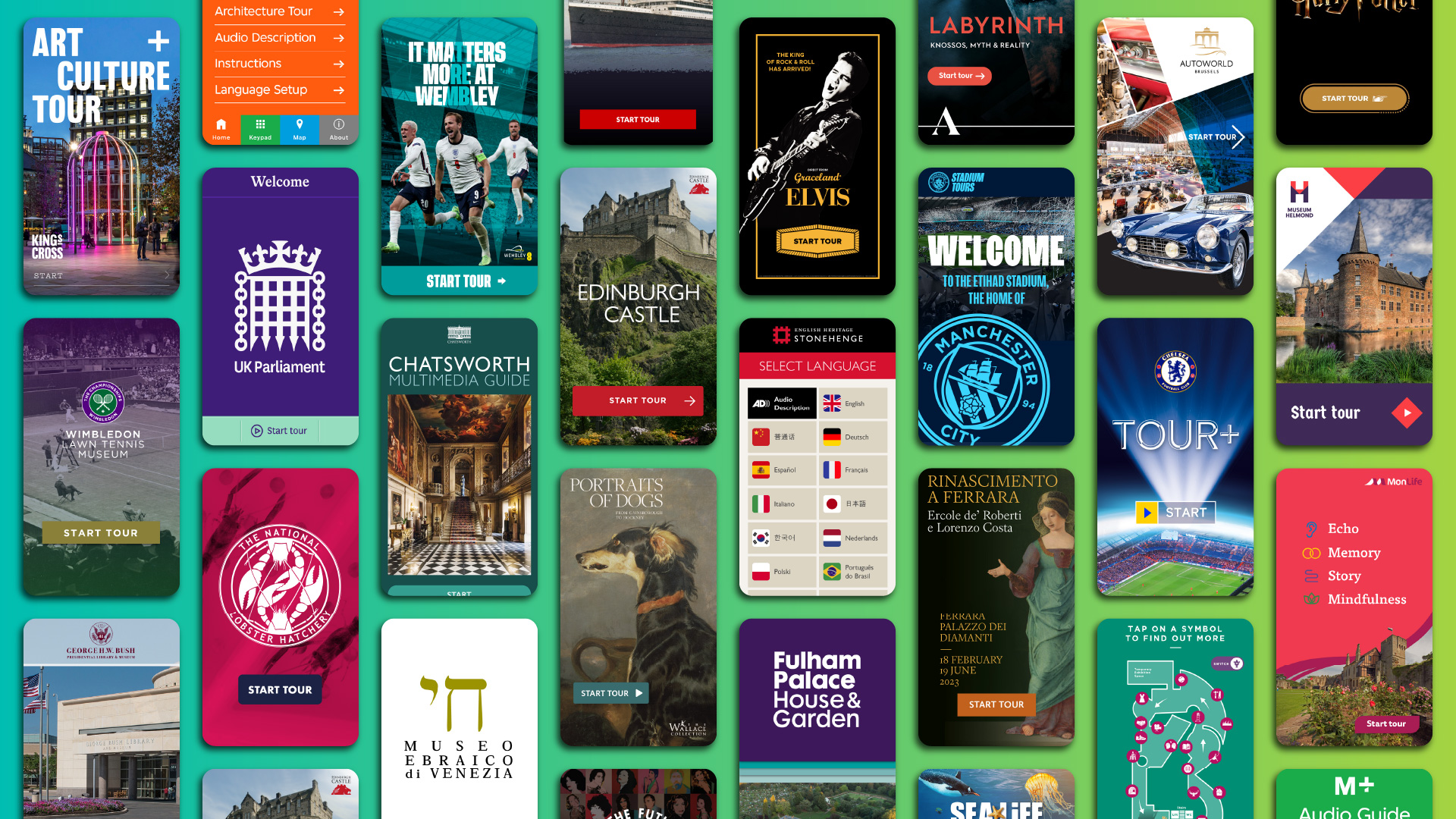
Latest
Elvis, Saudi Arabia
Imagineear create a rich multilingual, multimedia guide for Direct from Graceland.

Latest
Congrats to Anfield Stadium
Liverpool FC’s stadium tour wins the Tripadvisor Travellers’ Choice 2023
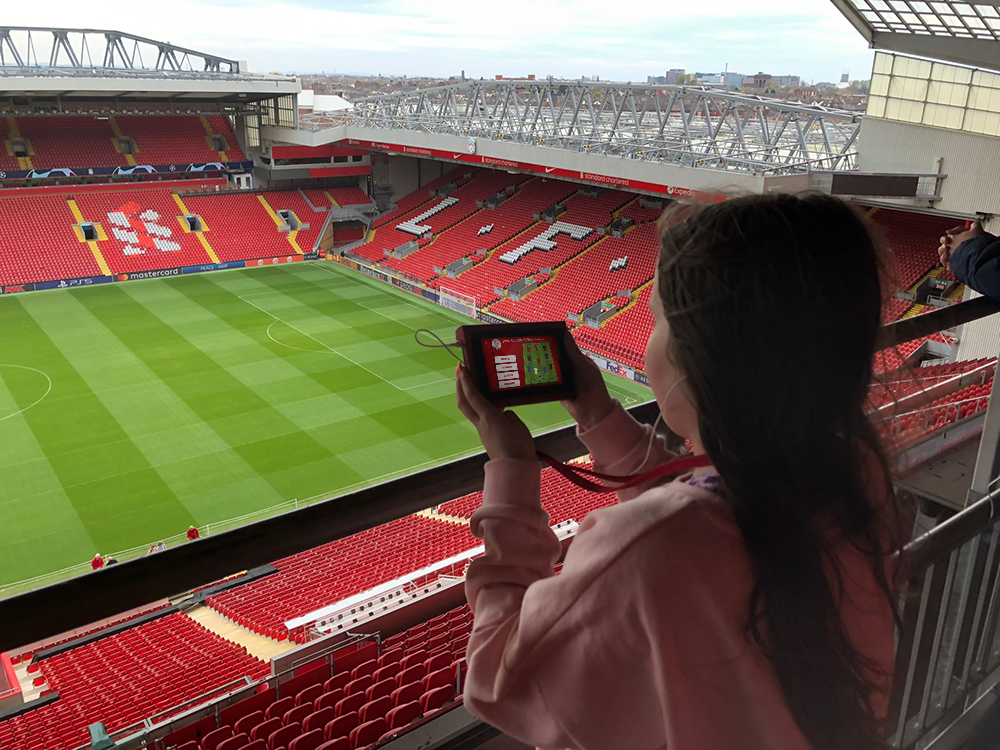
Latest
Imagineear sparks curiosity
With their new children’s tour at the Museum and Crypt of the Capuchin Friars, Rome.
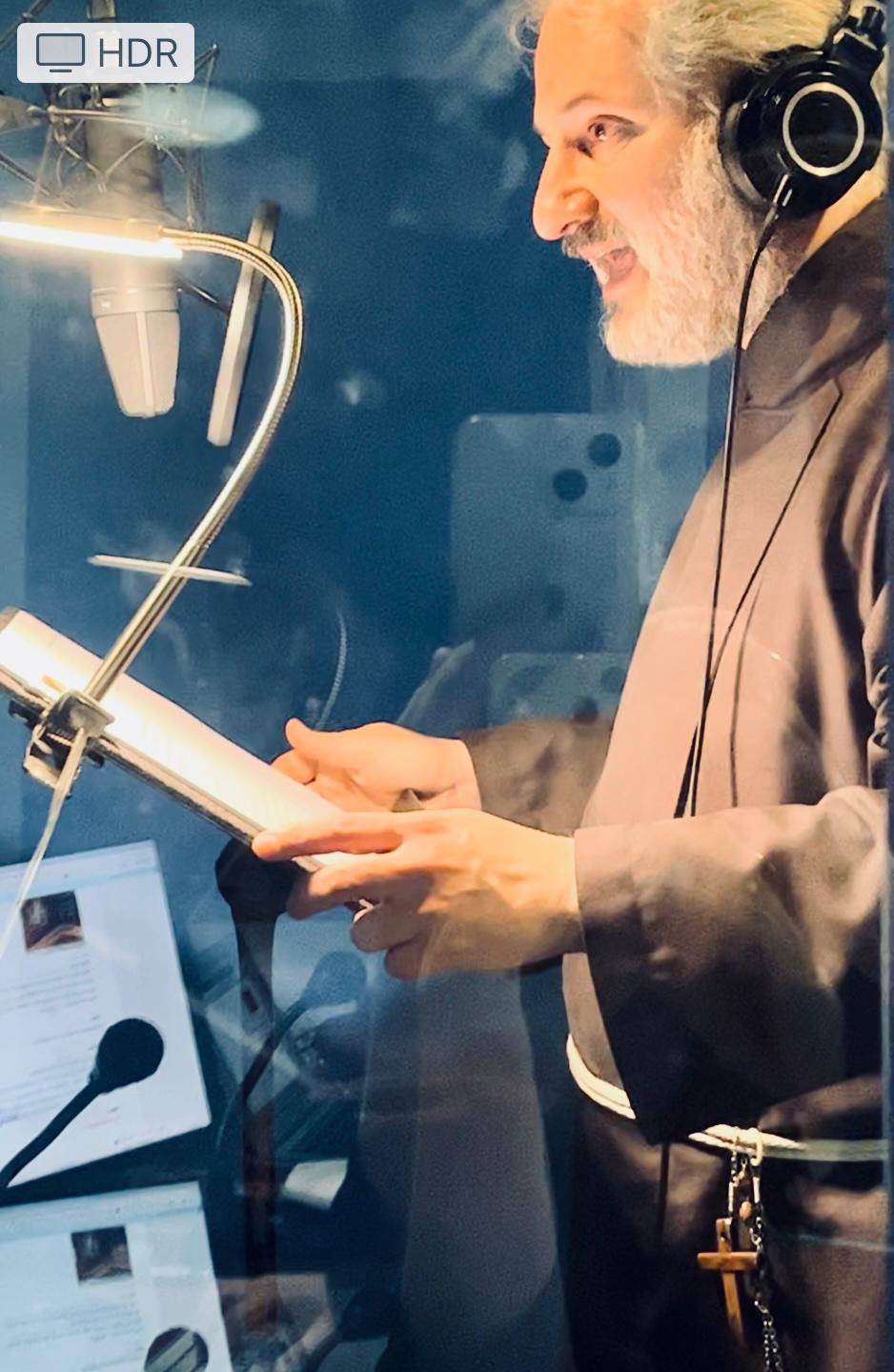
Latest
The Wallace Collection, London
Imagineear and The Wallace Collection come together for Portraits of Dogs.

Latest
Man City FC
Manchester City FC were looking for a partner to provide a system that could deliver a dynamic multimedia tour in multiple languages.

Latest
Strawberry Field
Imagineear takes visitors in the footsteps of John Lennon at Strawberry Field.
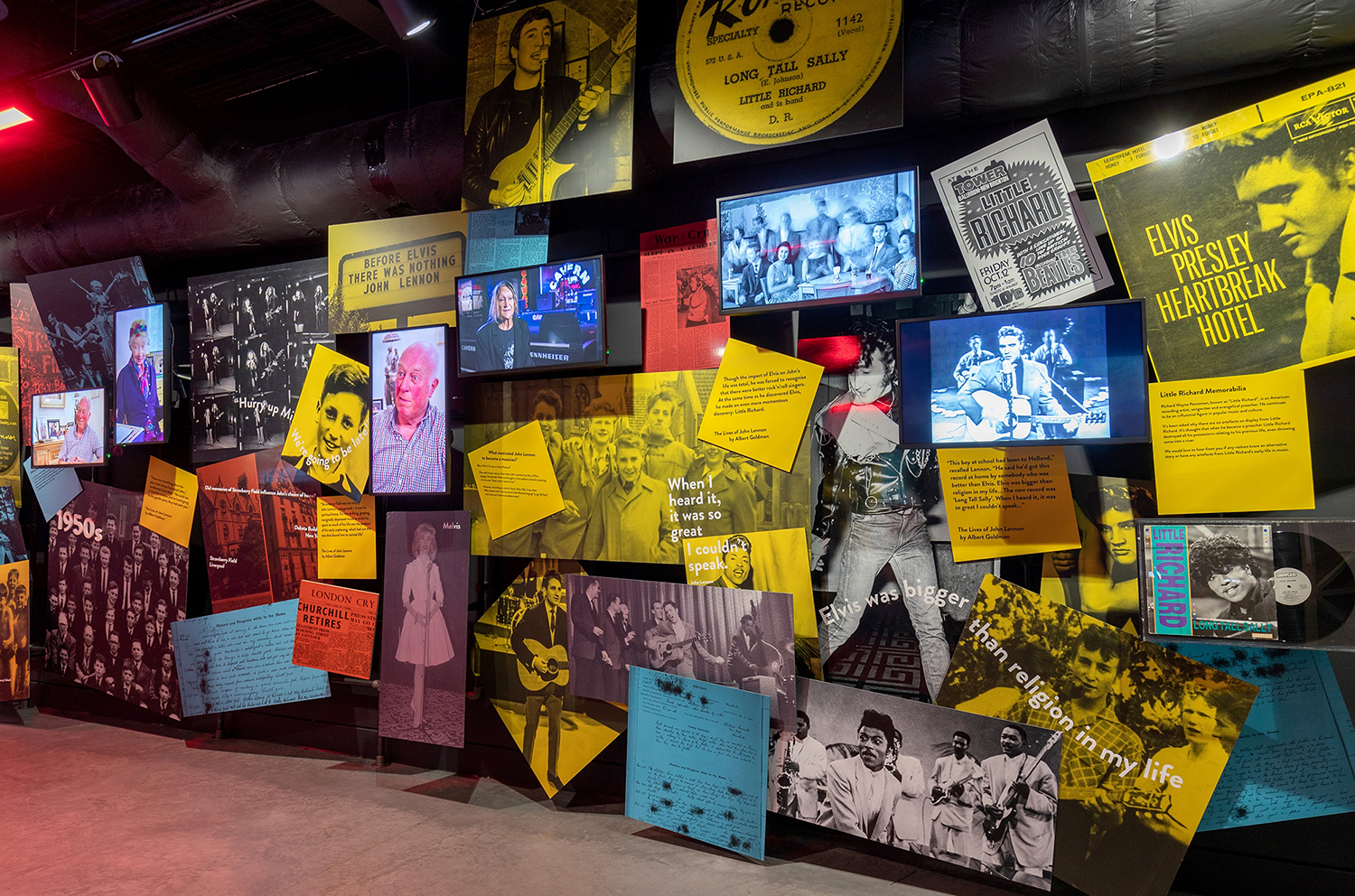
Latest
English Heritage appoints Imagineear across 35 sites
Imagineear to provide over 3,000 handheld devices.

Latest
The Rolling Stones
Imagineear created a multimedia tour of rare and unusual content.

Latest
Irish National Stud
Imagineear provide script writing for the Irish Racehorse Experience.
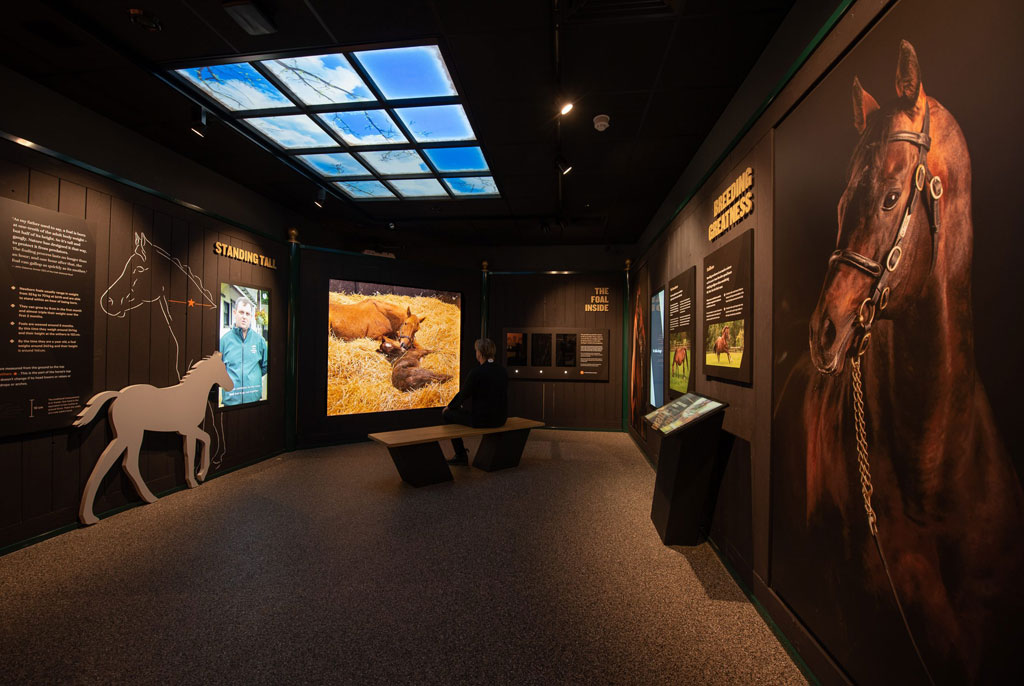
Latest
Natural History Museum, London
The Natural History Museum were looking to offer robust, reliable group-guiding solutions.

Latest
The Wallace Collection, London
Imagineear produce a self-guided audio tour for the much-anticipated, Frans Hals: The Male Portrait.

Latest
Imagineear falls for County Clare
Ireland's largest gathering of visitor attraction operators took place in County Clare.

Latest
Auschwitz at Malmö, Sweden
Providing the hardware and expertise to deliver multi-language content to thousands.

Latest
UK Parliament, London
UK Parliament sought an agency to deliver an engaging and informative audio experience.
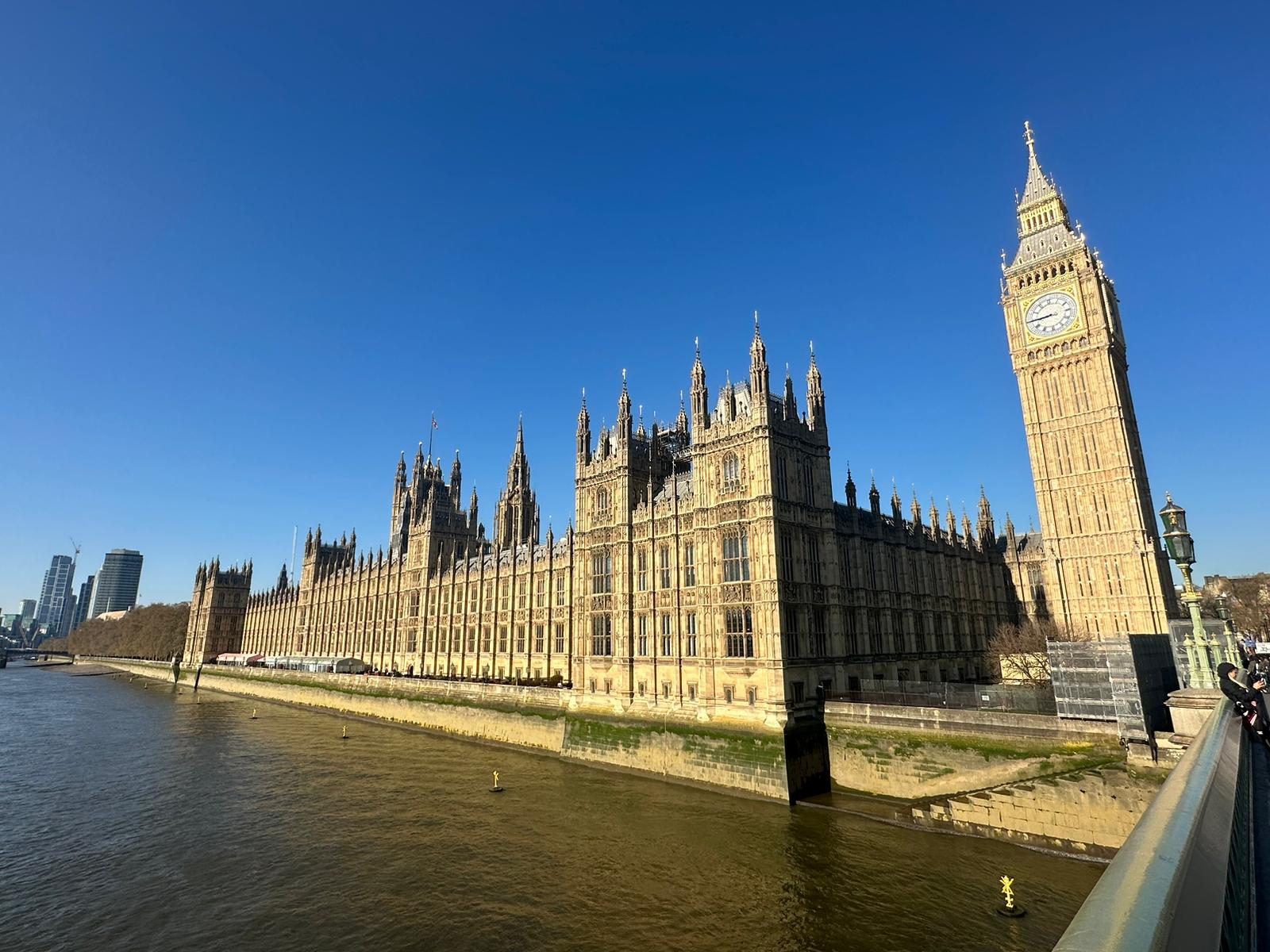
Latest
James Ensor: Inspired by Brussels
Imagineear supply their XP3™ to the Palace of Charles of Lorraine.

Latest
SEA LIFE, Blackpool
Imagineear scripted, designed and produced a family multimedia tour packed with content, games and factual information.


Latest
Spurs Stadium, London
Imagineear adds ten new languages to the Tottenham Hotspur Stadium tour.
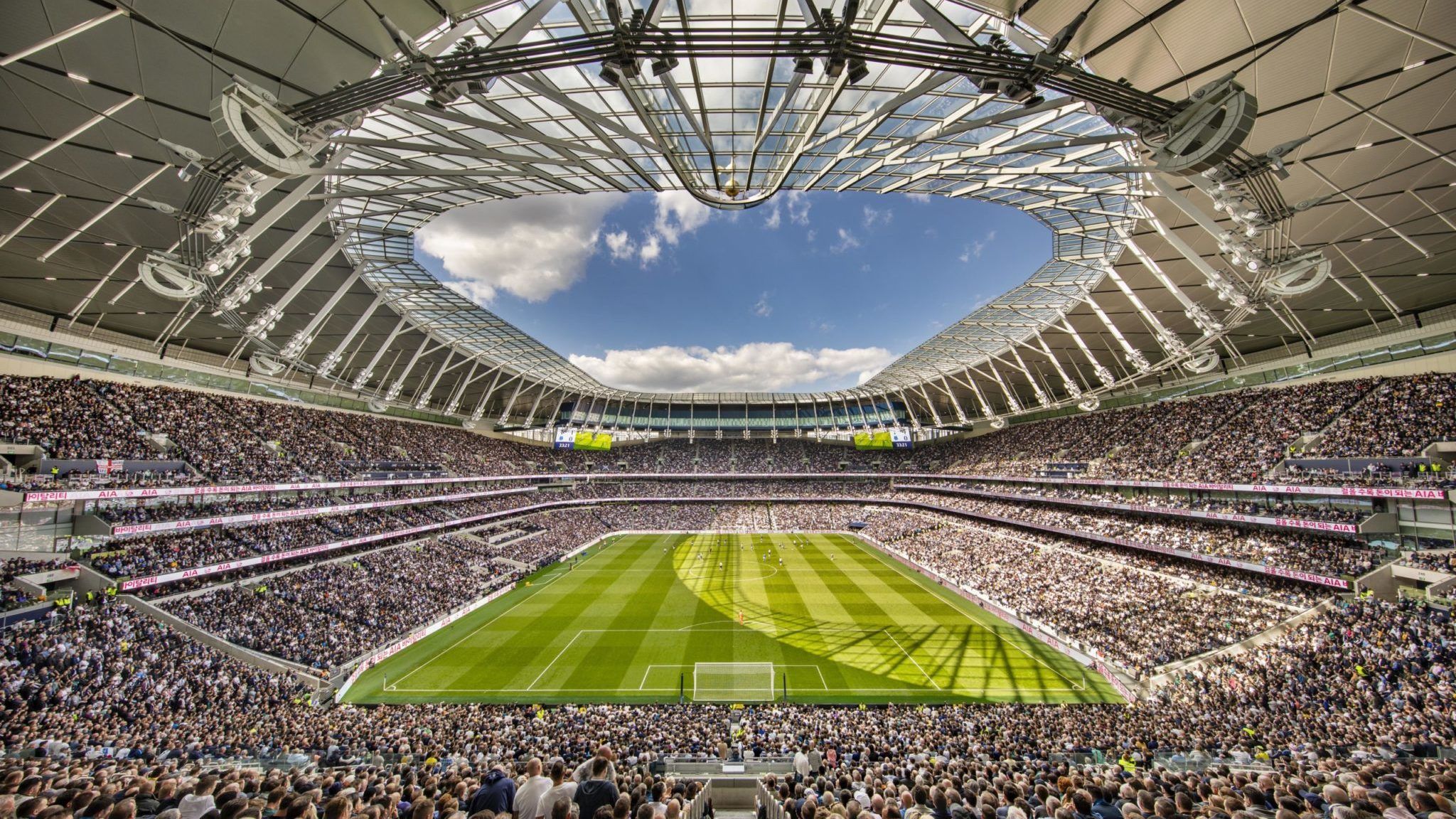
Latest
Christ Church Cathedral
Imagineear create an inclusive, multi-lingual guide for the iconic cathedral.
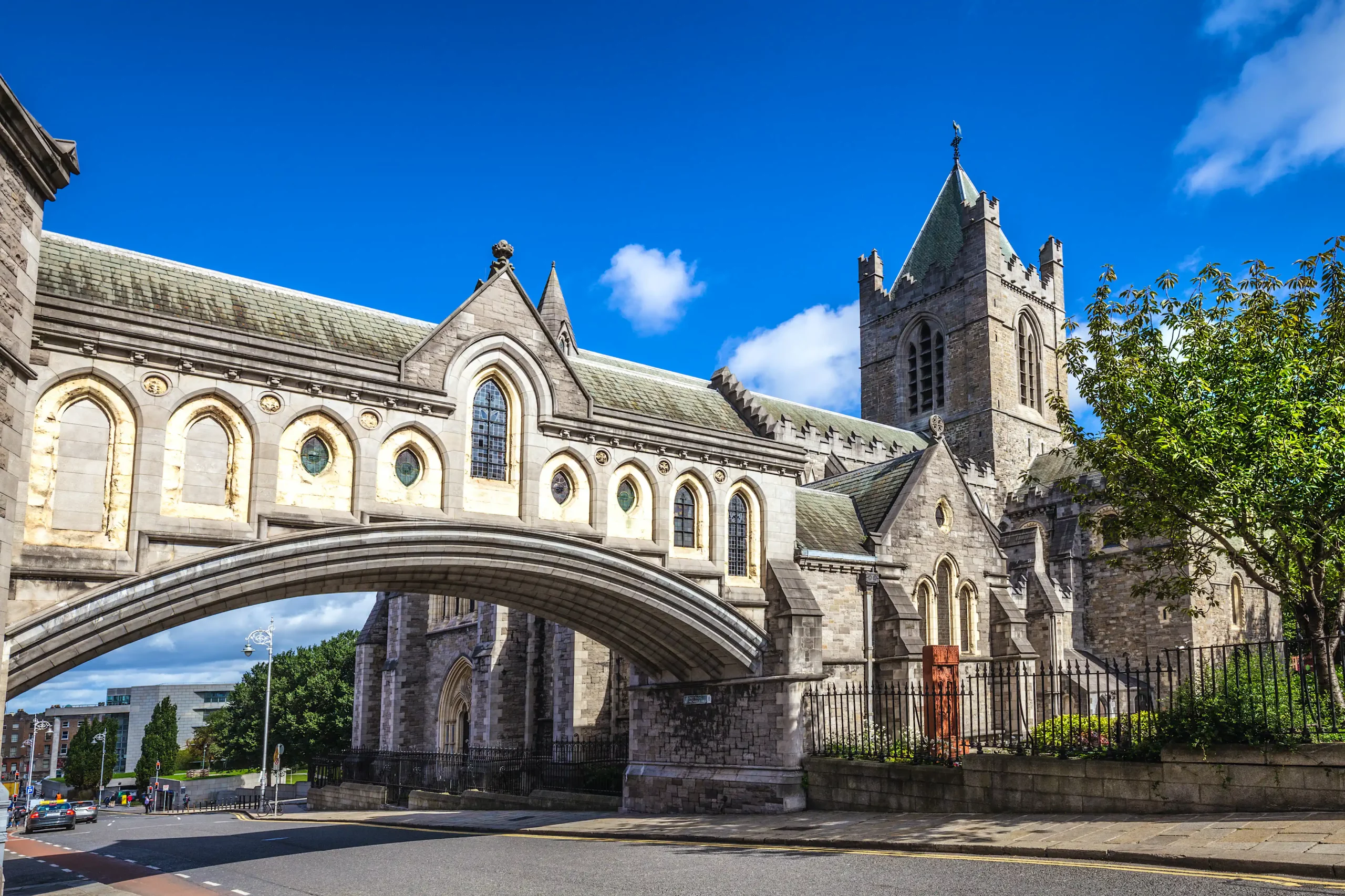
Latest
Memphis Rock ‘n’ Soul Museum
The audio tour guide is packed with over 300 minutes of engaging information.

Latest
Imagineear partners with English Heritage
Imagineear launched a ground-breaking Audio Descriptive version of the Stonehenge app.
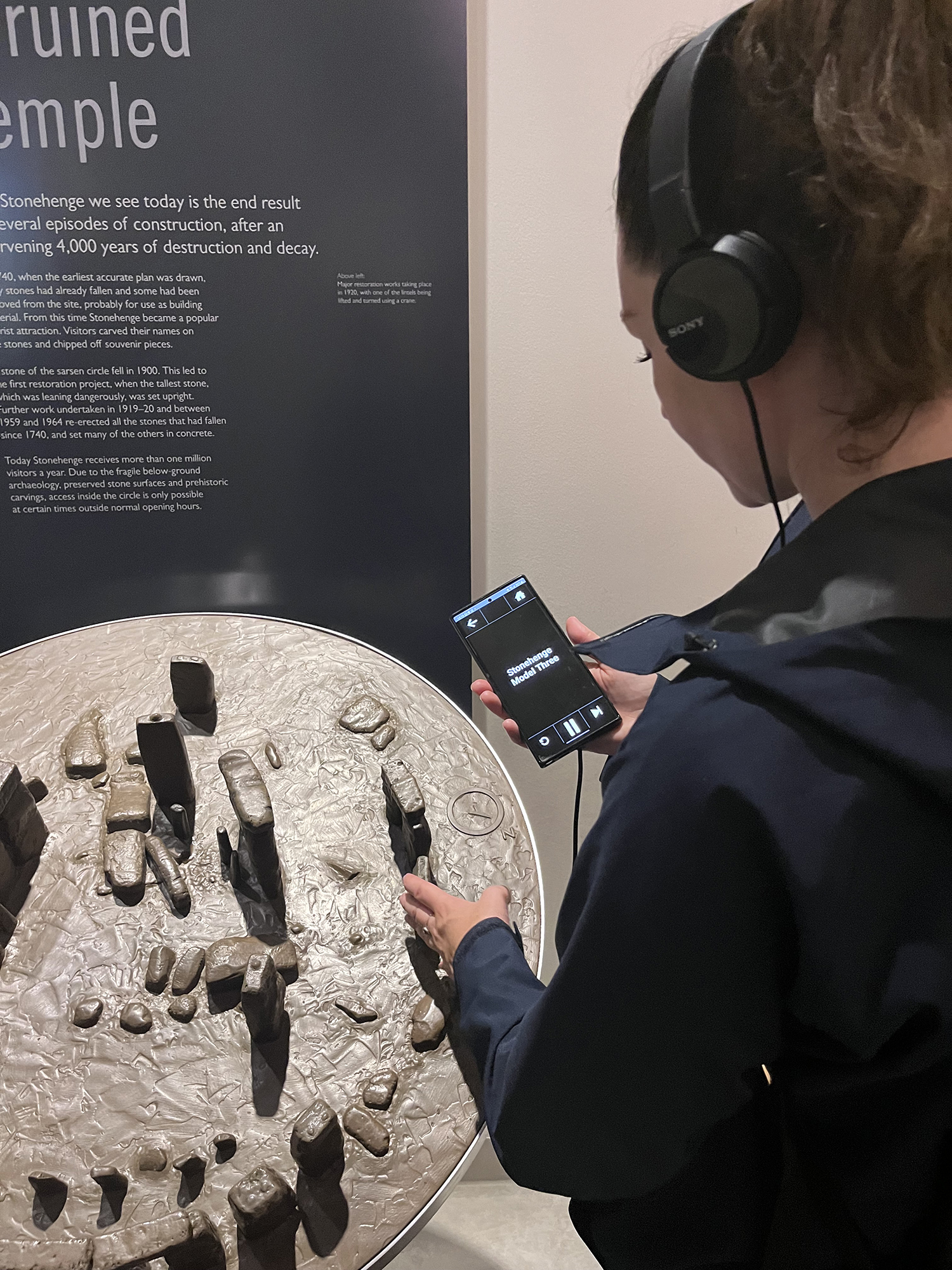
Latest
Imagineear partners with Bloomberg
Bloomberg Philanthropies and Imagineear accelerate the rollout of the Bloomberg Connects app.

Latest
Ad Artem partner with Imagineear
Ad Artem, support cultural institutions throughout Italy.

Latest
The Hill House, Helensburgh
The National Trust for Scotland engaged Imagineear’s creative expertise to develop digital and physical interpretation.

Latest
The Chester Beatty, Ireland
First Fragments focusses on the Chester Beatty Biblical Papyri.

Latest
MonLife Heritage
Imagineear were chosen to create digital audio-based tours across three important Welsh heritage sites.
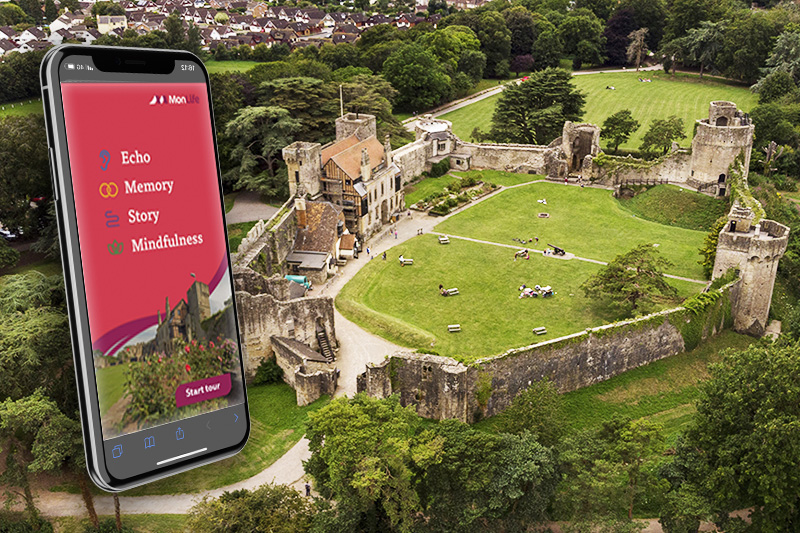
Latest
HES chooses Imagineear
For device maintenance, content production and ongoing app support

